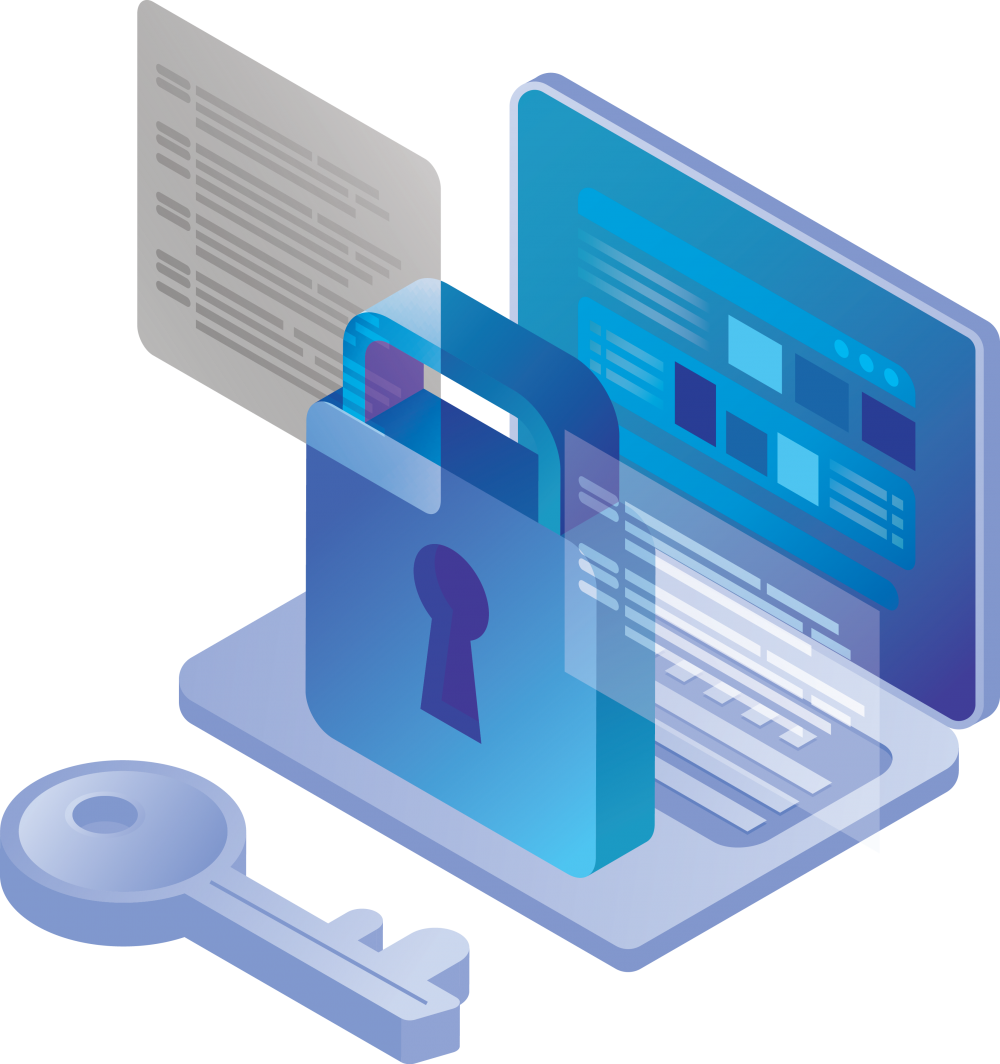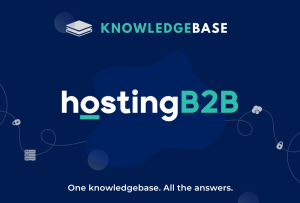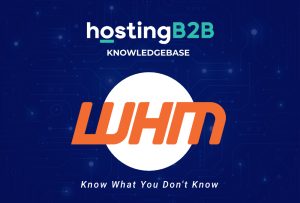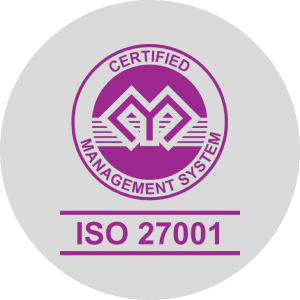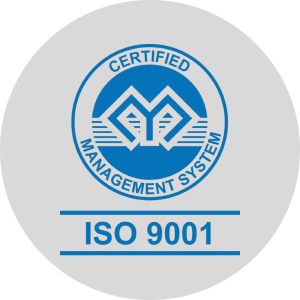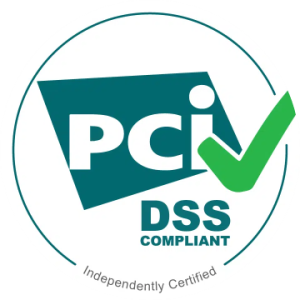In conclusion, domain privacy is an important service that protects your personal and business information from being publicly available and vulnerable to cyber threats. It prevents unwanted solicitation, protects your online reputation, and enhances your website’s credibility. When registering a domain name, make sure to opt-in for domain privacy and protect yourself from cyber threats.


